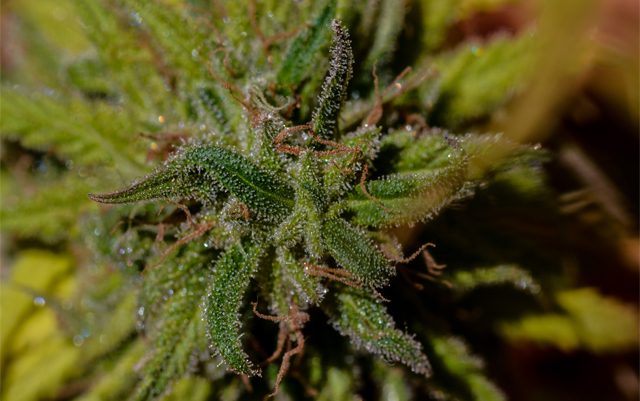It isn’t just in the United States where cannabis is illegal and considered to be one of the most dangerous drugs. Marijuana is also currently classified as Schedule IV, the most restrictive category, under an international drug convention from 1961. Now, a document from the World Health Organization (WHO) that was leaked before being formally released suggests reclassifying cannabis and THC to Schedule I, which is the least restrictive category in the international drug classifications.
“The placement of cannabis in the 1961 treaty, in the absence of scientific evidence, was a terrible injustice,” said Michael Krawitz, a U.S. Air Force veteran and legalization advocate who has pushed for international reforms. “Today the World Health Organization has gone a long way towards setting the record straight. “It is time for us all to support the World Health Organization’s recommendations and ensure politics don’t trump science.”
These international drug laws are one of the reasons that many federal governments are wary of changing the legal status of cannabis in their own country. Thus far, only Uruguay and Canada have fully legalized cannabis on a federal level, while numerous states have moved to legalize CBD or medical marijuana as more and more evidence comes forward to prove the plant’s usefulness as a medicine. If reclassified under international law, countries would be able to make these changes without having to fear that they are going against an agreement made by world leaders.
However, the World Health Organization also wanted to clarify that cannabidiol (CBD) and CBD products containing no more than 0.2 percent THC are not under international control by any means. While THC was specifically noted in international drug laws, CBD has never been included in the conversations – so countries that have legalized cannabidiol have not gone against any international laws in the first place.
“This is the best outcome that WHO could possibly have come up with,” said Kenzi Riboulet Zemouli, the head of research at For Alternative Approaches to Addiction Think & Do Tank (FAAAT), a Paris-based drug policy nonprofit. In a statement, Riboulet Zemouli called the recommendation “a beginning of a new evidence and health-oriented cycle for international Cannabis policy.”
Hopefully, the WHO recommendations will go before the United Nations Commission on Narcotic Drugs by March. There, a group of 53 member nations will have the chance to vote on whether they should accept or reject the suggestions. If these recommendations are accepted, it would mean world leaders and officials are admitting that they were wrong about cannabis and it’s perceived “harms” that lead to its criminalization in the first place.






